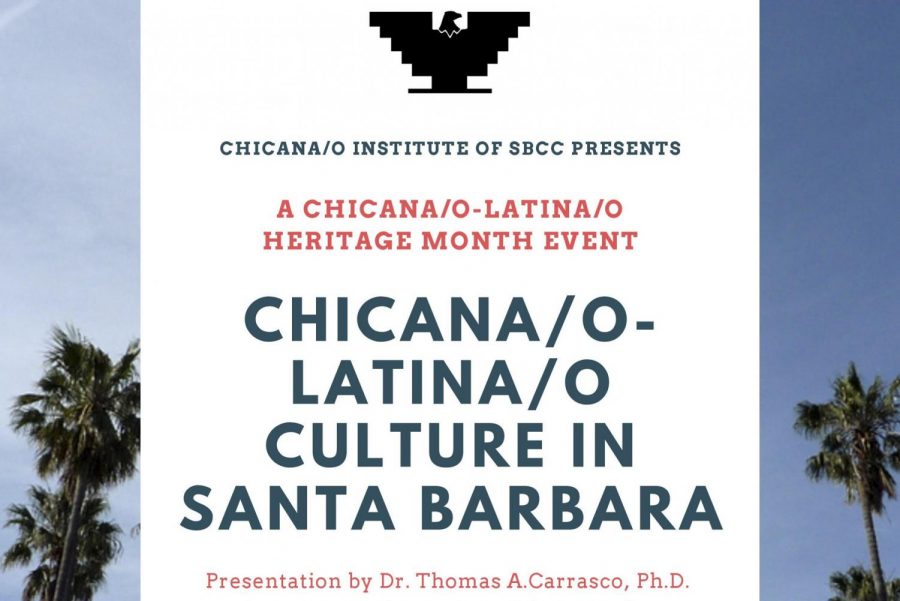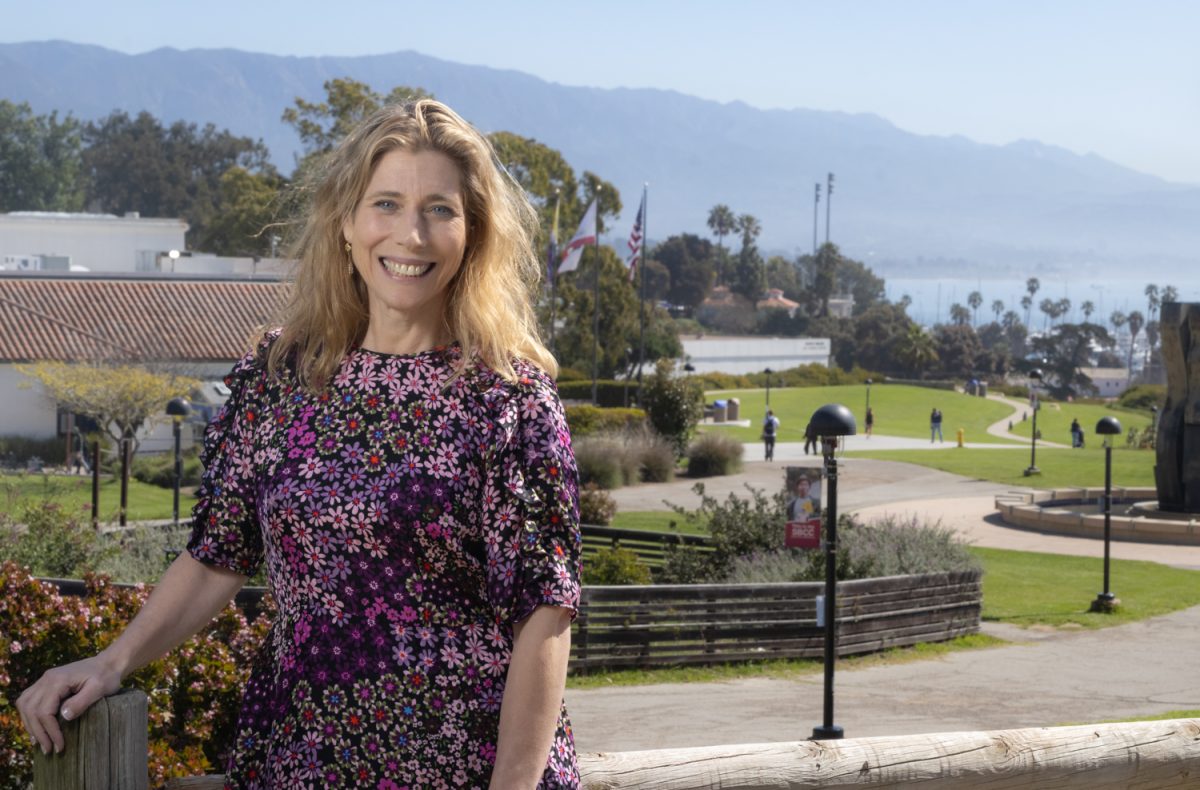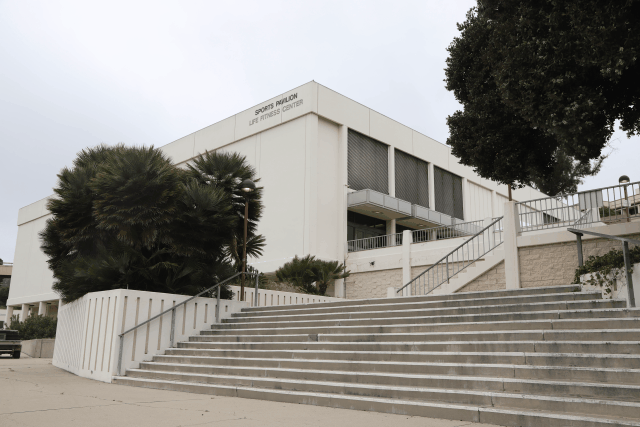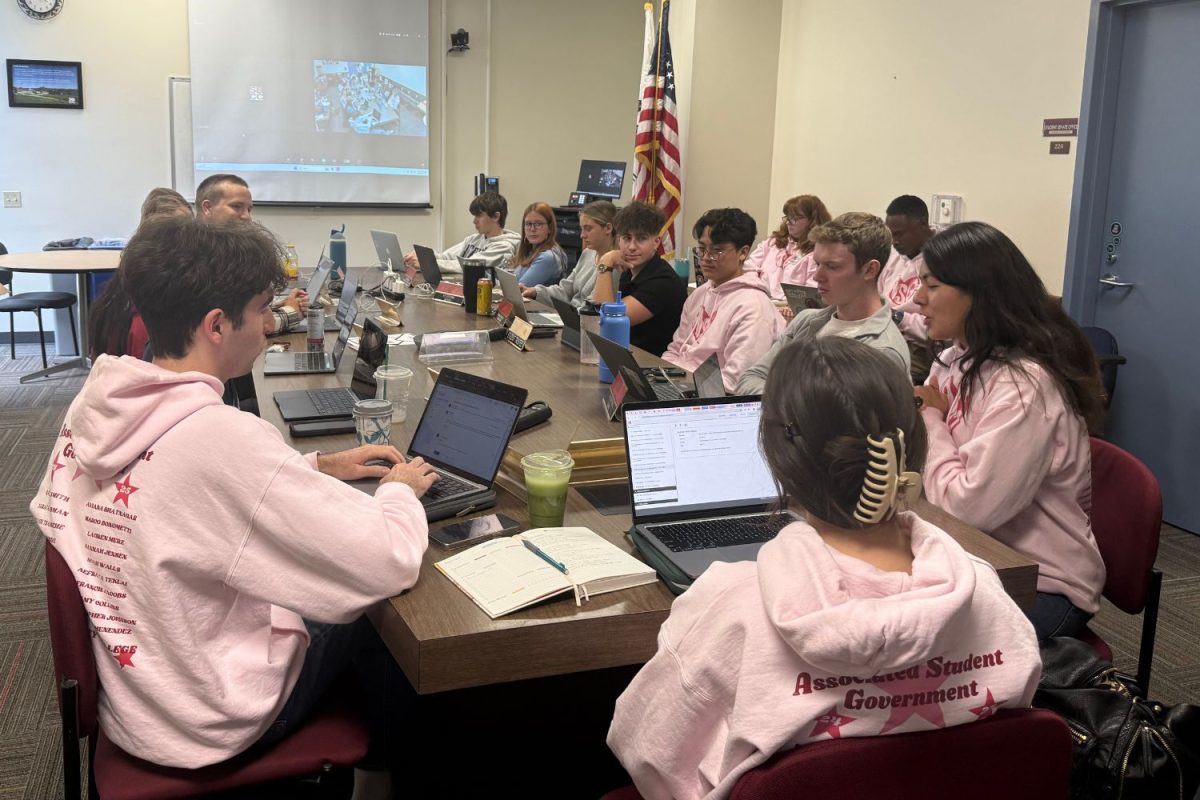The City College Department of American Ethnic Studies held a Zoom conference Tuesday celebrating Chicana/o-Latina/o culture in Santa Barbara.
Ethnic Studies professors, former and current students and local community activists kicked off Hispanic Heritage Month by discussing the importance of Ethnic Studies.
Chair of American Ethnic Studies, Thomas Carrasco, defined Ethnic and Chicana/o studies as “The interdisciplinary study of race, ethnicity, and indignity in the United States. Chicana/o studies are the study of Mexicans and Latinos in the United States.”
Carrasco told stories of how Mexican immigrants helped shape America during the industrialization of the Southwest from 1880-1940.
“The immigrant generation works the hardest jobs and receives the lowest pay,” said Carrasco. To this day, they and their children endure racism in America.
The children of the first generation of Mexican-American immigrants are considered the “Chicano generation,” which is a term created as an alternative to the eurocentric “Hispanic” or “Latino.” The Chicano generation was very active in the arts and in political activism of the 1970’s.
“Most people, I would argue, identify with just saying ‘I’m Hispanic,’” Carrasco said. “We worked so hard to create the word Chicano/a and then the system comes back with the concept Hispanic. The concept Hispanic deviates from our identity.”
City College student Elias Serna said Ethnic Studies is unique because it feeds into the community and “gives us a look into the missing parts of American history, it looks into the shadows of oppressions.”
He also said it helped him look at American history with a new perspective.
“The [president] right now wants to take away the questioning, wants to take away the dialectic that Ethnic Studies has elaborated,” Serna said. “So it is important to know our history because it is now repeating itself 500 years later.”








